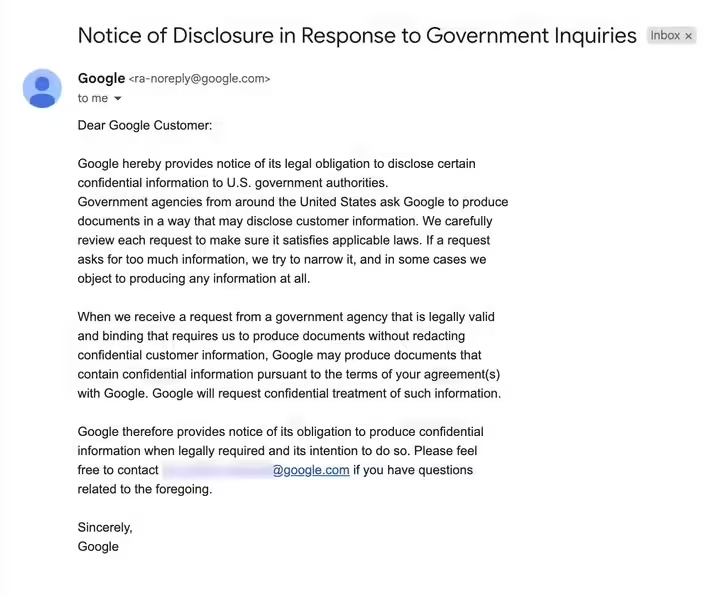Telegram’s Durov: The Inevitable Clash Over Freedom, Privacy and Control

The recent arrest of Pavel Durov, Telegram’s founder and CEO, in France marks a pivotal moment in the ongoing tension between tech platforms and government authorities.
While the news may have surprised many, it represents the culmination of a long-brewing conflict that was, in many ways, inevitable.
Durov’s detention comes with a litany of serious charges: complicity in terrorism, drug trafficking, distribution of pedocriminal content, and failure to cooperate with law enforcement, among others.
These accusations strike at the heart of Telegram’s operating philosophy and highlight the complex challenges facing platforms that prioritise the ideals of freedom and privacy.
The Broader Context of Internet Governance

To fully grasp the significance of Durov’s arrest, we must consider the broader context of Internet governance.
A handful of large tech companies control much of the public internet, with most operating under an implicit understanding with governments worldwide.
This arrangement typically involves some degree of cooperation on matters of law enforcement, public safety, and national security.
A notable example is Mark Zuckerberg’s recent admission that Meta bowed to pressure from the Biden administration to censor COVID-related content.
Telegram, however, has long positioned itself as an outlier in this ecosystem.
By marketing itself as a bastion of privacy and free speech, Telegram has attracted a diverse user base of nearly a billion active monthly users.
But this popularity comes with a price.
While Telegram’s approach undoubtedly protects many users from government overreach and censorship, it has also inadvertently provided a haven for criminal activities including paedophile rings, drug trafficking networks, and extremist groups
Misconceptions About Telegram’s Security
A key issue contributing to Telegram’s legal troubles is the widespread misunderstanding of its security features.
While Telegram offers “secret chats” with end-to-end encryption using its MTProto protocol, the default chat mode is not end-to-end encrypted. This means that messages in default chats can potentially be accessed by Telegram HQ or intercepted by law enforcement—a level of cooperation that the French government may be seeking to enforce.
This misconception about Telegram’s default security level has likely contributed to its adoption by both privacy-conscious users and those with malicious intent.
The charges against Durov underscore the fundamental tension between individual privacy rights and the government’s mandate to ensure public safety.
Jean-Michel Bernigaud, Chief of Staff at OFMIN, the office that issued the arrest warrant for Durov, stated before his LinkedIn profile’s mysterious disappearance, “At the heart of this case is the lack of moderation and cooperation from the platform, particularly in the fight against pedocriminality.”

The Larger Implications: Privacy vs. Public Safety
This case is not just about crime; it’s about power.
Governments are sending a clear message: play by our rules, or we’ll make you.
The implications extend far beyond Telegram, signalling a potential shift in how tech companies and governments interact globally.
As Kate Klonick, a Paris-based U.S.-trained internet law professor, remarked, “This is going to be a watershed moment for the game of chicken that tech and governments are playing around the world.”
The outcome of this case raises critical questions about the responsibilities of platform operators in content moderation, the limits of digital privacy, and the balance between individual freedoms and collective security as defined by governments.
As governments worldwide grapple with the challenges posed by encrypted and non-cooperative communication platforms, the precedent set by this case could shape the future of digital privacy and governance.